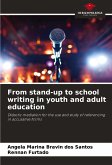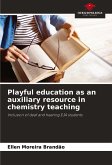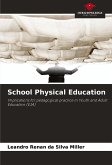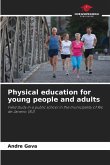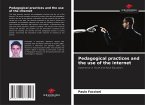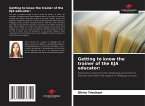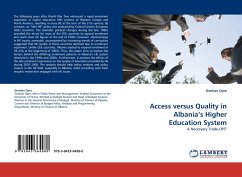This study focuses on the challenges of access and permanence in school for working students in Youth and Adult Education. It is known that the problems related to the educational insertion of the EJA public in school, as well as the guarantee of their permanence until the conclusion of the courses, constitute major political and pedagogical issues that dialogue with the economic, historical and social totality that constitutes Brazilian society. The implementation of the National Programme for the Integration of Vocational Education into Secondary Education in the form of Youth and Adult Education (PROEJA) in 2006, within the scope of the Institutions of the Federal Network of Vocational, Scientific and Technological Education, was a historic milestone for the Youth and Adult Education modality in the country, with innovative potential in relation to the demands of organising offers for this public. The research presented in this book seeks to understand the difficulties of access and permanence of students in much more advantageous conditions in terms of infrastructure, funding and qualification of human resources, in the Federal Network, compared to other public education networks.
Bitte wählen Sie Ihr Anliegen aus.
Rechnungen
Retourenschein anfordern
Bestellstatus
Storno


